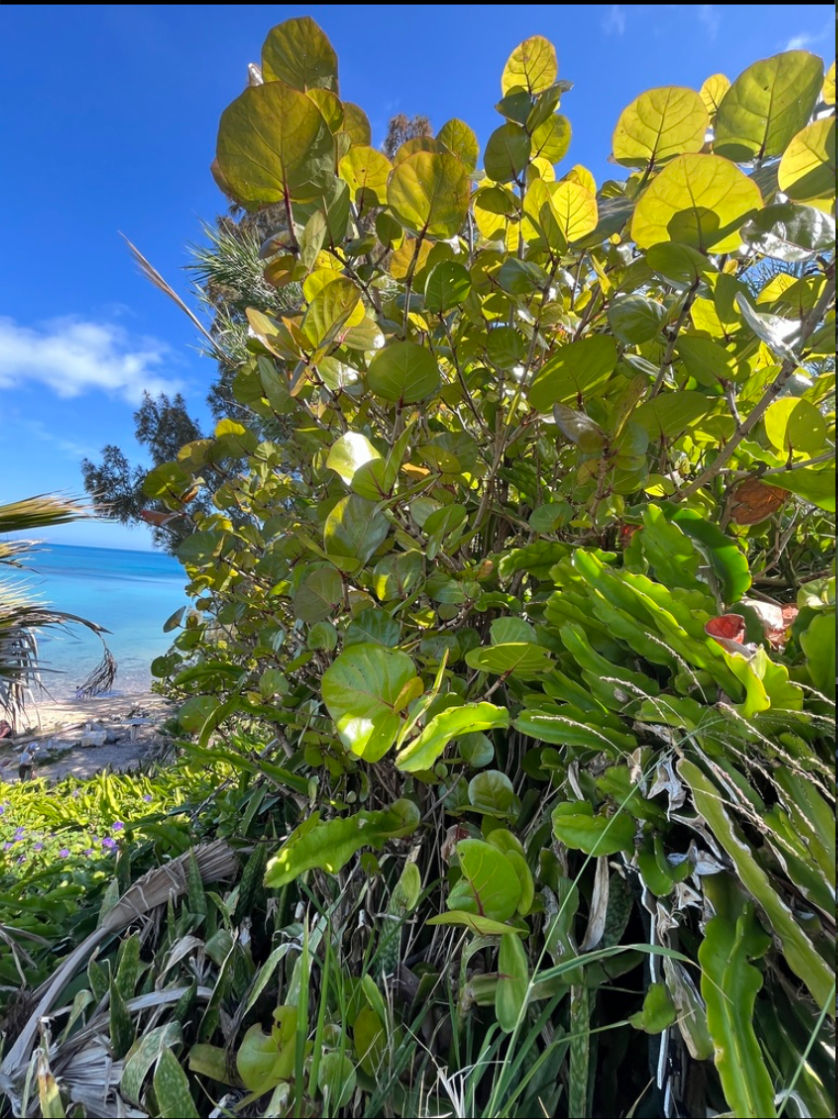Status in Florida: Native
•Size at Maturity: Typically grows as a large, multi-stemmed shrub or small tree, reaching heights of about 6 to 12 feet tall and spreading 6 to 12 feet wide.
•Phenology: Deciduous shrub with opposite, glossy green leaves and spherical clusters of small, fragrant white flowers that bloom in summer.
•Life Cycle: Perennial
•Bloom Season: Summer
•Deciduous, Dioecious, Evergreen: Deciduous
•Sunlight Requirements: Full sun to partial shade
•Soil Texture: Moist to wet soils; tolerant of various soil types, including clay, loam, and sandy soils
•Soil pH: Tolerant of a wide range, but prefers slightly acidic to neutral (pH 5.5-7.5)
•Moisture Requirements: Requires consistently moist to wet soil; tolerant of periodic flooding
•Tolerance to Salt Spray: Low tolerance
•Recommended Landscape Uses: Wetland gardens, rain gardens, pond margins, stream banks, wildlife gardens
•Maintenance Tips: Moderate maintenance; prune back as needed to maintain shape and remove dead or damaged branches; may benefit from occasional fertilization with a balanced fertilizer
•Considerations: Buttonbush is highly attractive to pollinators and provides important habitat and food for various wildlife species.
•Deer and/or Rabbit Resistance: Moderately resistant; typically not preferred by deer or rabbits
•Edible: The seeds of Buttonbush are not typically consumed by humans but are eaten by birds and other wildlife.
•Medicinal Uses: Historically used in traditional medicine by Native American tribes for various purposes, including as a treatment for fevers and skin ailments.
•Toxicity to Pets: Not known to be toxic to pets, but ingestion of large quantities of plant material may cause gastrointestinal upset.
•Florida Native Companion Plant: Swamp Milkweed (Asclepias incarnata), Cardinal Flower (Lobelia cardinalis)
•Wildlife Benefit: Attracts a wide variety of pollinators, including bees, butterflies, and hummingbirds; provides habitat and food for birds, insects, and other wildlife.
•Caterpillar Host Plant: Buttonbush is a host plant for the caterpillars of various moth species, including the Buttonbush Moth (Ametris spp.) and the Buck Moth (Hemileuca spp.).
top of page
Amelia's Native Wildflowers, LLC | Nassau County's Native Plant Nursery
Free Shipping on orders over $85 | COUPON CODE: WREATHS |
$30.00Price
Sales Tax Included |
Customers Also View
Your content has been submitted
Your content has been submitted
Your content has been submitted
Your content has been submitted
bottom of page































